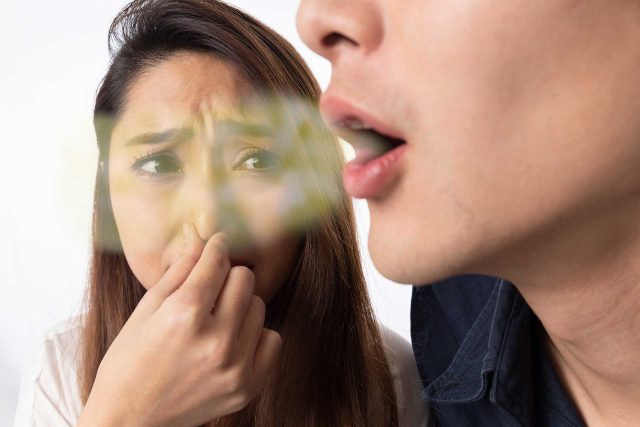Unmasking Halitosis: Recognizing, Treating, and Preventing Bad Breath
Have you ever worried about bad breath, also known medically as halitosis? You’re not alone – it’s a common concern that can affect people of all ages. In this blog post, we’ll help you understand the causes of halitosis, recognize its signs, explore ways to treat it and share tips on preventing it.
What is Halitosis?
Halitosis is a condition characterized by persistent, unpleasant breath odor. It’s not just about the occasional ‘morning breath’, but a consistent issue that can affect your confidence and social interactions. It’s often caused by a buildup of bacteria in your mouth as a result of food particles, poor oral hygiene, or dry mouth.
Signs of Halitosis
Detecting bad breath can be tricky, as it’s not always easy to identify your own breath odor. However, if you notice a persistent bad taste in your mouth, or if people tend to step back or turn their head away when you’re talking, these could be indicators of halitosis.
Treating Halitosis
- Improve Oral Hygiene: Regular and thorough brushing, flossing, and use of mouthwash can help remove the bacteria that contribute to bad breath. Don’t forget to clean your tongue, where bacteria often accumulate.
- Stay Hydrated: Dry mouth can worsen halitosis. Drinking enough water and sucking on sugar-free candies or chewing sugar-free gum can help stimulate saliva production and keep your mouth moist.
- Regular Dental Check-ups: Regular check-ups and cleanings can help maintain oral health and detect potential issues, including halitosis before they worsen.
- Avoid Certain Foods and Drinks: Foods with strong odors, such as garlic and onions, and habits like smoking and drinking alcohol can contribute to bad breath.
- Seek Professional Help: If your bad breath persists despite these efforts, it may be a symptom of a more serious condition like gum disease, sinusitis, or even certain gastrointestinal diseases. Seek professional help to identify and treat the underlying cause.
Preventing Halitosis
 Prevention is often the best cure. Maintain a regular oral hygiene routine, stay hydrated, limit consumption of odor-causing foods and drinks, and regularly visit your dentist for check-ups and cleanings.
Prevention is often the best cure. Maintain a regular oral hygiene routine, stay hydrated, limit consumption of odor-causing foods and drinks, and regularly visit your dentist for check-ups and cleanings.
Halitosis doesn’t have to be a lingering concern in your life. With these strategies and a commitment to oral hygiene, you can breathe easy and engage confidently in your daily interactions.
